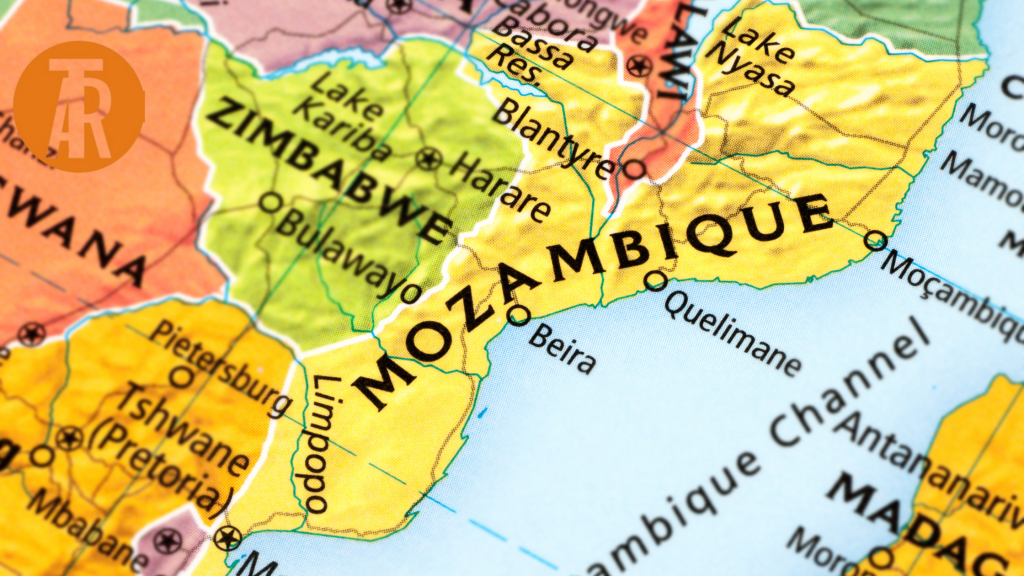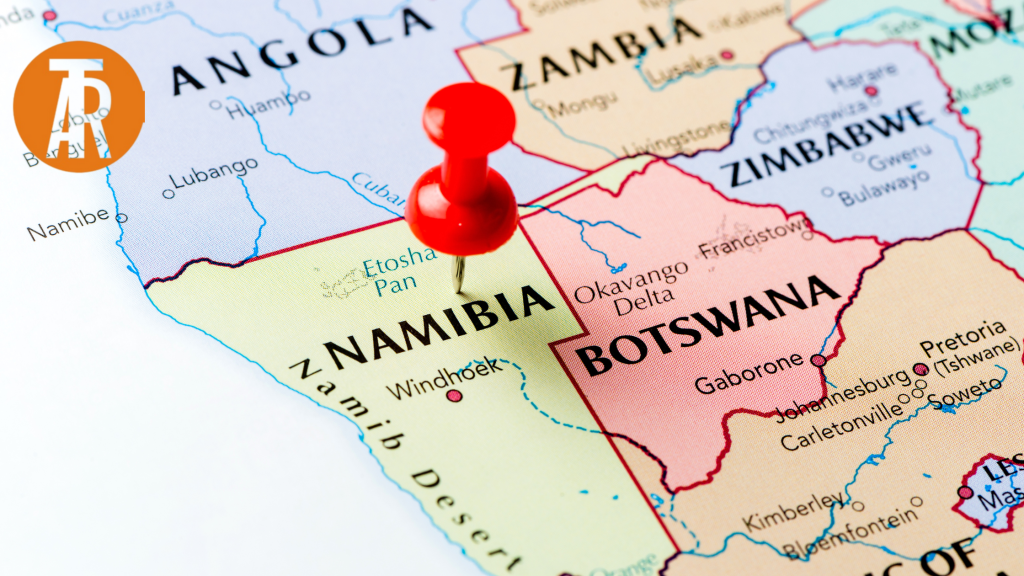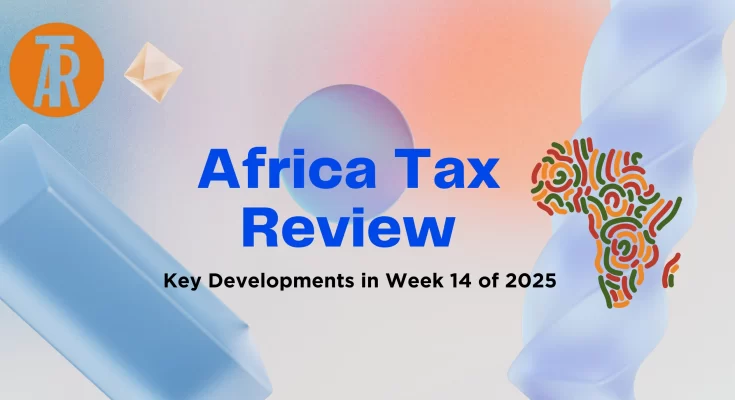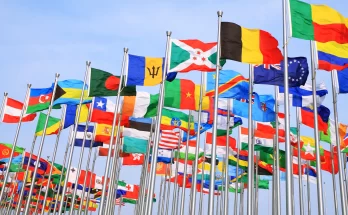Table of Contents
Africa Tax Review: Key Developments in Week 14 of 2025. As African economies continue to adapt to internal fiscal pressures and global economic trends, tax policy reform remains a vital instrument for sustainable development and domestic resource mobilization.
Week 14 of 2025 (March 31 – April 6) witnessed several significant taxation-related developments across the continent. From controversial reforms in South Africa to progressive VAT adjustments in countries like Ghana, Tunisia, and Namibia, the week offered insight into the region’s evolving fiscal strategies.
Africa Tax Review: Key Developments in Week 14 of 2025

1. South Africa: VAT Increase Triggers Political and Legal Showdown
South Africa’s proposed increase in Value-Added Tax (VAT) took center stage during the week. The government reaffirmed its decision to raise the VAT rate from 15% to 15.5% effective May 1, 2025, with another increase to 16% scheduled for April 2026.
According to Finance Minister Enoch Godongwana, the increment is expected to generate an additional R13.5 billion in revenue to support critical public sectors, including healthcare, education, and social welfare services (Reuters, 2025).
However, this fiscal measure sparked backlash from civil society and opposition leaders. The Democratic Alliance (DA) filed a lawsuit questioning the legality of the increase, arguing that the National Assembly had not formally approved it and emphasizing the potential hardship on low-income households (EWN, 2025).
Amid the political turmoil, the South African Revenue Service (SARS) reported a 6% rise in total tax collections for the 2024/25 fiscal year, totaling R1.855 trillion—boosted by robust performance in the financial, community, and wholesale sectors (Reuters, 2025).

2. Ghana: Fulfillment of Campaign Promise through Tax Repeals
In West Africa, Ghana made a bold fiscal policy shift. The government officially repealed the contentious Electronic Transaction Levy (E-Levy) and the Betting Tax, both widely unpopular and criticized for disproportionately affecting low- and middle-income earners.
The repeal was in line with President John Mahama’s electoral promises, and the bill was assented to on April 2, 2025 (Presidency of Ghana).
According to Finance Minister Cassiel Ato Forson, the repeal was aimed at boosting digital inclusion, financial participation, and economic recovery in the informal sector.

3. Mozambique: VAT Exemptions to Address Cost of Living
Mozambique took a consumer-centric approach by reintroducing VAT exemptions on essential goods. The exemptions, effective until the end of 2025—apply to sugar, cooking oil, soaps, and related raw materials and equipment.
This move is intended to ease the burden on consumers and support local manufacturing industries (Club of Mozambique, 2025).

4. Tunisia: Tax Relief in Electricity and Real Estate Sectors
Tunisia’s 2025 Finance Law introduced targeted VAT reductions to stimulate economic activity and reduce household costs. The VAT rate on low-voltage domestic electricity consumption up to 300 kWh/month was reduced from 13% to 7%.
Additionally, residential real estate projects valued below 400,000 Tunisian dinars now attract a reduced VAT rate of 7% (VATUpdate, 2025).
Africa Tax Review: Key Developments from Week 13 of 2025

5. Namibia: VAT on Imported Digital Services Takes Shape
Namibia finalized legislation that imposes VAT on imported digital services, joining a growing list of African countries modernizing tax regimes to capture revenue from the digital economy. The law targets platforms providing streaming, software, and online advertising services to Namibian residents (VATCalc, 2025).
This policy is designed to ensure fairness between domestic providers and foreign digital service giants, reflecting broader global trends in cross-border taxation.
Conclusion
The developments across Africa in Week 14 of 2025 reflect an increasingly strategic use of taxation as a tool for economic recovery, redistribution, and regulatory modernization.
Whether through bold repeals in Ghana, politically fraught VAT reforms in South Africa, or digital tax innovations in Namibia, African governments are clearly signaling a deeper commitment to responsive and adaptive tax policy.
These changes not only have fiscal implications but also social and economic ones, particularly as countries strive to balance public revenue needs with taxpayer confidence and equity.
Olatunji Abdulrazaq CNA, ACTI, ACIArb(UK)
Founder/CEO, Taxmobile.Online




